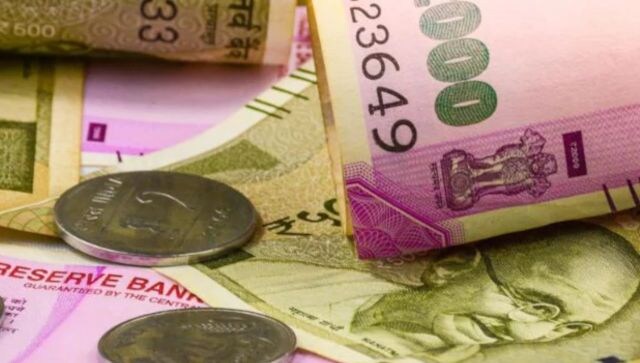India to be world's second biggest economy by 2048: RBI Deputy Governor
Patra said only half of the working population is part of the labour force at present and added that India has to prioritise getting the skilling strategy right.

India can emerge as the “economic powerhouse of the future” and is poised to be the second biggest economy in the world by 2048, RBI’s Deputy Governor M D Patra said.
Addressing the Reserve Bank of India-promoted Indira Gandhi Institute of Development Research’s maiden alumni meet, Patra said only half of the working population is part of the labour force at present and added that India has to prioritise getting the skilling strategy right.
Pointing out that the median age of India is 28 years at present and over a sixth of the increase of the world’s working age population between now and 2050 will be provided by India, Patra said India can emerge as the “economic powerhouse of the future” and is poised to be the second biggest economy in the world by 2048.
Related Articles
“India will have to provide economic opportunities to the young population if the country is to take advantage of the demographic dividend,” he said.
However, a slew of challenges will have to be overcome to ensure that the opportunity gets translated into action, he said.
“Our population presents an exciting opportunity which can be realised only if we are successful in providing it with economic opportunity,” Patra, who is in charge of the critical monetary policy department, said.
He also listed out the “formidable challenges” that await the country.
“… only half of the existing working-age population is part of the labour force India’s female labour force participation is among the lowest in the world, even lower than that of low-income countries,” he rued.
India’s labour productivity measured by GDP per hour worked is lower than even peers in the lower middle-income group of countries into which India is classified, Patra said, adding that 16 per cent of the population lives in poverty as per the UN.
“We have to change all that by creating jobs commensurate with the expansion of the working-age population, by skilling the workforce and providing it an institutional environment that enables work flexibility in tune with changing technologies and demand patterns,” he said.
Patra said the Indian diaspora can be a big asset in the future and added that apart from remitting USD 108 billion last year such people also hold deposits of over USD 136 billion in banks.
In the future, labour market transformation driven by technological breakthroughs, energy transition and geoeconomics will blur the distinctions between working abroad and working in India, Patra said.
According to him, churn in India’s labour markets will be driven by technology-led sectors like artificial intelligence and machine learning, followed by data analysts and scientists.
“We are working towards strengthening financial institutions’ ability to manage third-party risks and outsourcing, inter alia, arising from BigTech and FinTech, and also enhancing global cooperation to strengthen the financial sector’s cyber resilience,” he said.
Patra also warned that India and other developing economies are highly vulnerable to climate change due to their limited capabilities in climate science and technology and insufficient funding for adaptation and mitigation.
With inputs from agencies.
Read all the Latest News, Trending News, Cricket News, Bollywood News,
India News and Entertainment News here. Follow us on Facebook, Twitter and Instagram.
also read

Head-on | Fareed Zakaria gets contemporary India mostly right but misses the big picture
The parameter for judging a country’s inclusivity is how its smallest minorities — Parsis, Jews, Buddhists, Jains and others — are treated. Many face horrific persecution in illiberal Islamist countries

RBI removes restrictions on interest-earning FCA in India's IFSC
The RBI has also removed the requirement to repatriate funds remaining idle in the FCA account for up to 15 days.

Future Tense: Why Indian startups are in big trouble
A higher rate of inflation has spelled doom for the startup sector with profit margins declining rapidly


